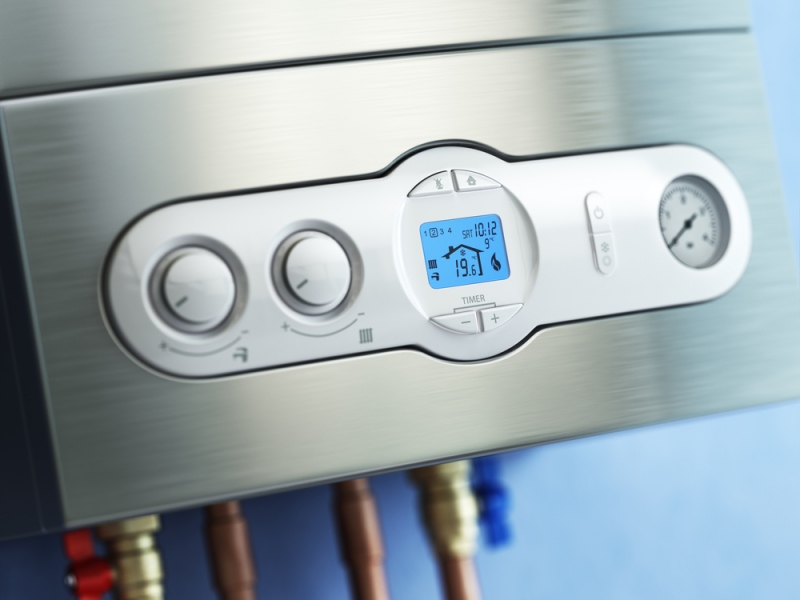Boilers and heating systems have undergone tremendous changes and improvements in recent years, and we can now benefit from these innovations. Nowadays, heating systems are more advanced than ever, so if you are thinking of replacing your old boiler and heating system with a new one, it’s important to take these advancements in mind. Choosing a boiler need not be a difficult matter – it’s all about knowing what to consider during the process of selection. That being said, here are the top factors you should consider when selecting a central heating boiler.

Know the types
There are a few major types of central heating boilers out there: combi boilers, conventional boilers, and system boilers. Combi boilers are small and compact and are suitable for smaller locations; they work by getting water directly from mains lines rather than storing water in a cylinder. A combi boiler is also easy to install. Conventional boilers are often seen as ‘replacement’ boilers, particularly for locations with open vented heating. They’re not as easy to install, although there is often no issue with the flow rate, but they’re more expensive as well. Meanwhile, system boilers are ideal for larger places and require a cylinder, but their components are mostly built in and their flow rates are often high.
Top considerations
- The controls
As mentioned, there have been vast improvements in boilers and heating systems – and one of these improvements has to do with the controls. Rather than having only one thermostat in a hallway, there are now intelligent controls which allow you to set different timers and temperatures around your place. You can even use an app to control temperature and the usage of energy remotely. With these kinds of controls, you can improve the efficiency and functionality of a condensing boiler – sometimes by up to 15%.
- The size
The right size is crucial when selecting a boiler – and you can only determine this by calculating the heat loss in your location as well as assessing the size of your location, the materials which are used to construct your building, and the building’s draughtiness and its level or degree of insulation. When determining the right size, you also need to consider your requirements when it comes to hot water (for instance, how many bathrooms do you have?). Once you have determined each room’s heating requirements with help from an engineer – make sure it’s in kilowatts – then you are surer of what size of boiler to install.
It’s also important to note the boiler’s warranty, and you may want to consider setting up a solar panel system for heating water – this could save you as much as 60% on your bill per year when it comes to hot water, but this requires careful thought as well.
